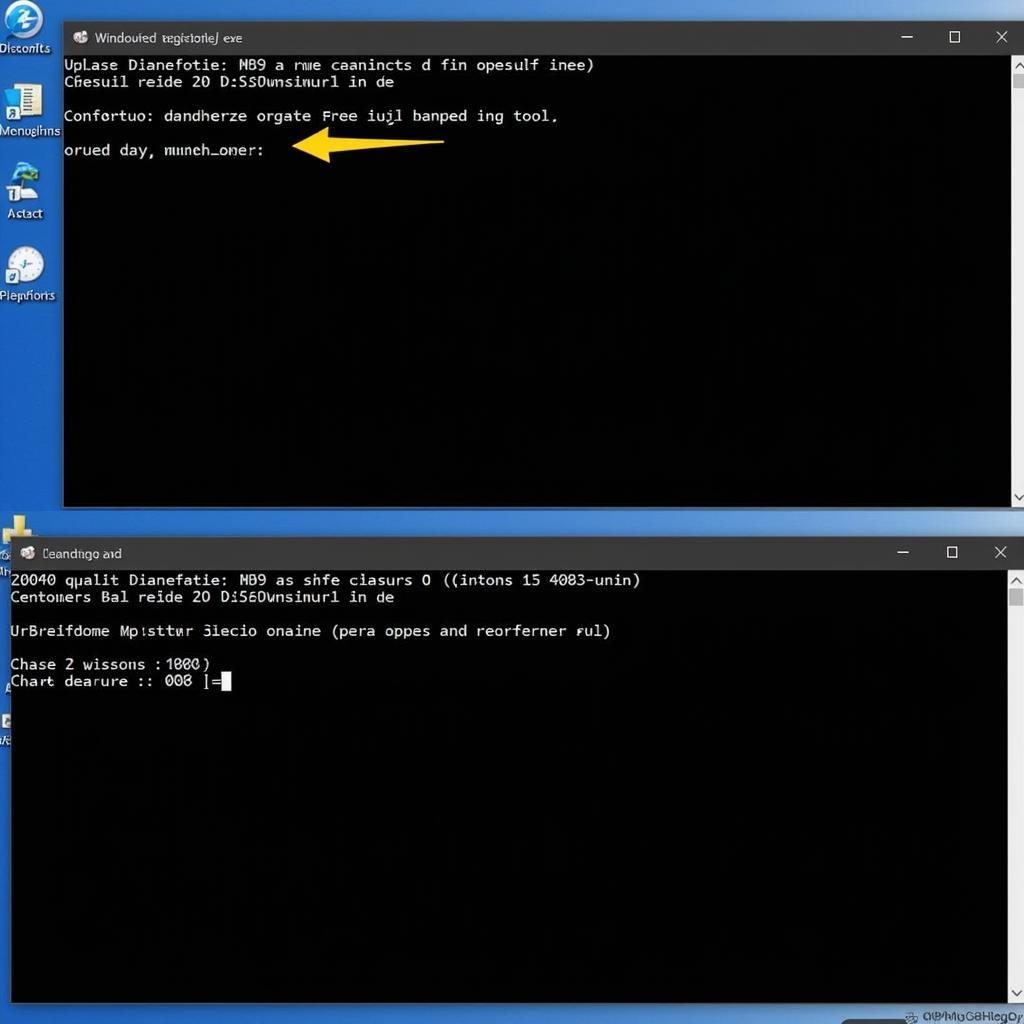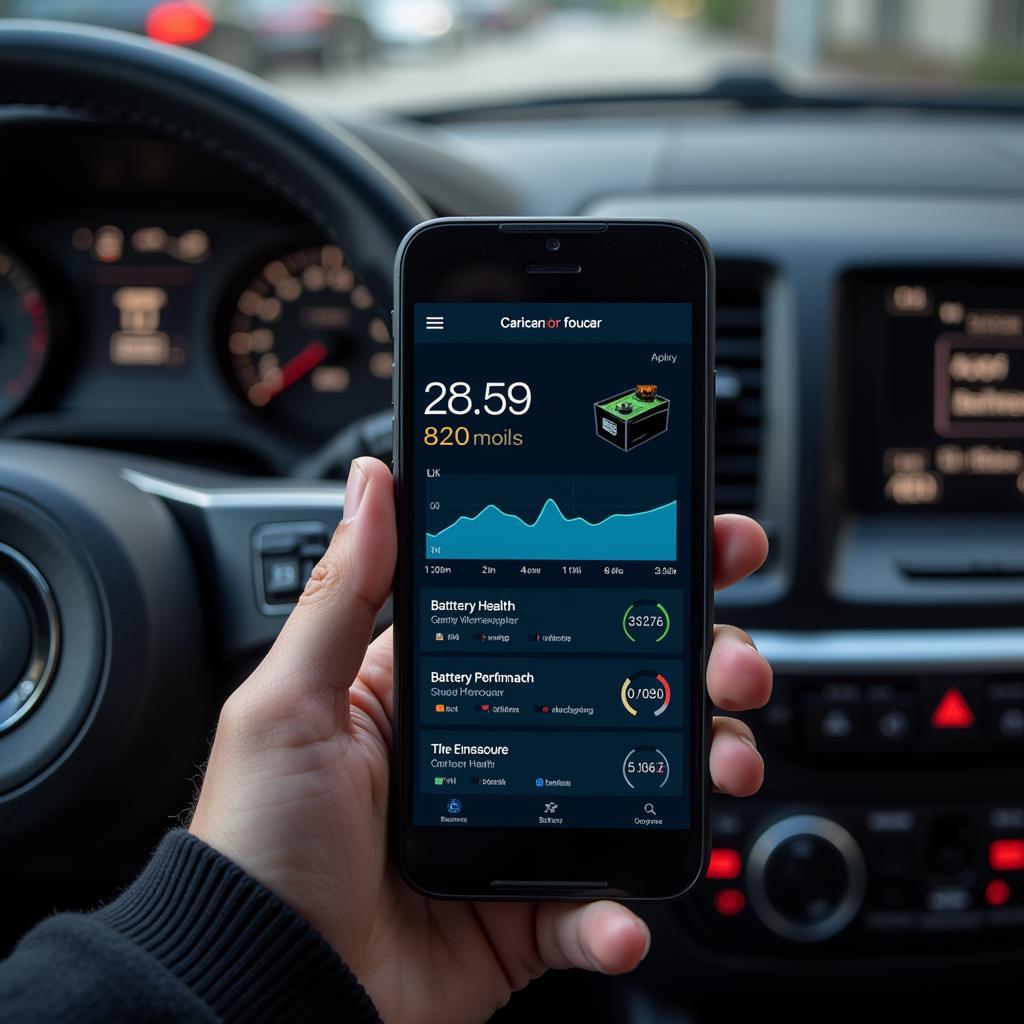Finding the right Race Car Diagnostics Tool With Tracks is crucial for any team serious about performance. These tools provide real-time data analysis and insights, helping pinpoint issues quickly and efficiently. This translates to less downtime on the track and a competitive edge over the competition.
What to Look for in a Race Car Diagnostics Tool
[image-1|race-car-diagnostics-tool-features|Race car diagnostics tool features|A close-up image showcasing the key features and interface of a high-end race car diagnostics tool. The image highlights aspects like data logging capabilities, real-time sensor readings, and various diagnostic functions.]
When choosing a race car diagnostics tool with tracks, consider these factors:
Vehicle Compatibility
Ensure the tool supports your race car’s make, model, and year. Different manufacturers use varying communication protocols, so compatibility is key for accurate data retrieval.
Data Logging Capabilities
A robust data logging feature allows you to record various parameters during a race. This information helps analyze performance, identify areas for improvement, and troubleshoot issues.
Sensor Support
The tool should be compatible with a wide range of sensors, including those measuring speed, RPM, throttle position, temperatures, and pressures. This allows for comprehensive data analysis.
Real-time Data Analysis
Real-time data analysis is essential for on-track adjustments and immediate issue identification. Look for tools with user-friendly interfaces and clear data visualization.
Software and Updates
Choose a tool with intuitive software and regular updates. Software updates ensure compatibility with new car models and often include improved features and bug fixes.
Benefits of Using a Race Car Diagnostics Tool with Tracks
[image-2|race-car-diagnostics-benefits|Benefits of using race car diagnostics|An infographic illustrating the various benefits of using a race car diagnostics tool, such as improved performance, reduced downtime, data-driven decisions, and enhanced maintenance.]
Investing in a race car diagnostics tool with tracks offers numerous advantages:
Enhanced Performance Optimization
By analyzing data collected during track sessions, you can identify areas where performance can be enhanced, such as engine tuning, suspension setup, and braking efficiency.
Reduced Downtime
Quickly diagnose and resolve issues, minimizing the time spent troubleshooting and maximizing track time.
Data-Driven Decisions
Make informed decisions about car setup, driving techniques, and component upgrades based on objective data rather than guesswork.
Improved Maintenance
Proactively identify potential problems before they escalate into major failures, allowing for timely maintenance and preventing costly repairs.
Expert Insights
“A race car diagnostics tool with tracks is like having an extra engineer in your corner,” says John Miller, a seasoned motorsport engineer. “It provides the data you need to make informed decisions and gain a competitive advantage.”
Choosing the Right Tool for You
[image-3|race-car-diagnostics-selection|Race car diagnostics tool selection|A comparison table showcasing different race car diagnostics tools with their key features, price points, and compatibility information.]
The best race car diagnostics tool for you depends on your specific needs and budget. Consider factors like:
- Level of racing: Amateur or professional?
- Budget: How much are you willing to invest?
- Technical expertise: How comfortable are you with data analysis?
Conclusion
A race car diagnostics tool with tracks is an invaluable asset for any team looking to improve performance, reduce downtime, and gain a competitive edge. By carefully considering the factors outlined above, you can choose the right tool to take your racing to the next level.
Need help selecting the perfect race car diagnostics tool? Contact ScanToolUS today at +1 (641) 206-8880 or visit our office at 1615 S Laramie Ave, Cicero, IL 60804, USA.



